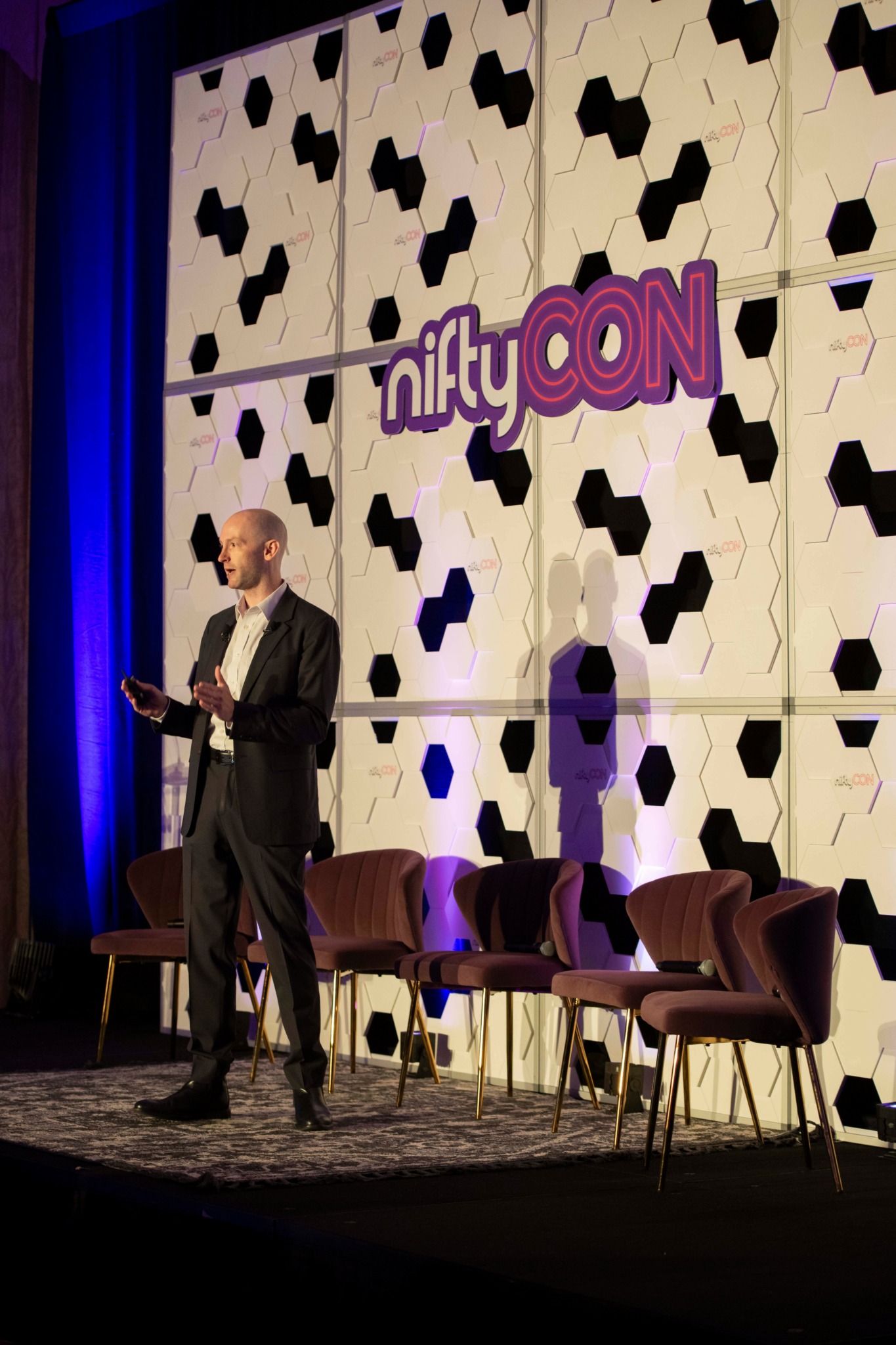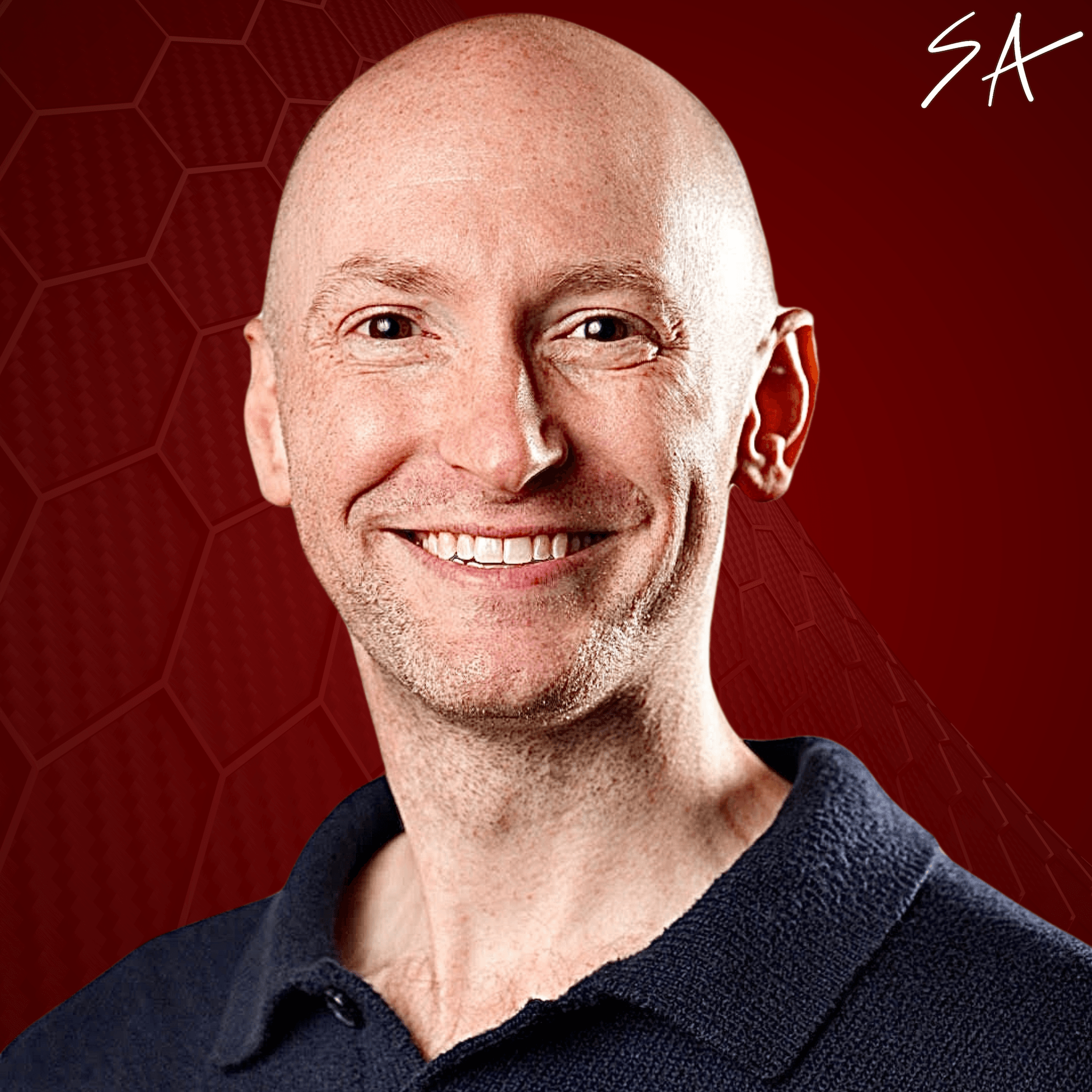We’re excited to introduce you to the always interesting and insightful Mathew Kerbis. We hope you’ll enjoy our conversation with Mathew below.
Mathew, thanks for joining us, excited to have you contributing your stories and insights. We’d love to have you retell us the story behind how you came up with the idea for your business, I think our audience would really enjoy hearing the backstory.
When I was a law student in 2013, I was Chair of the American Bar Association (“ABA”) Law Student Division. It’s kind of like being president of America’s law students, at least at ABA accredited law schools. I traveled the country and lobbied for improved standards that benefit law students. I also got to know, at least anecdotally, how prevalent student loan debt was on the minds of law students (and how my own student loan concerns were not solitary). Later that year, I learned directly from the ABA President at the time, a partner at a big and old law firm, could not afford his own legal fee if he really needed to pay it, in the context of the access to justice problem. The access to justice problem being that over 75% of known legal needs go unmet by lawyers due to the unaffordable cost of unknown billable hours. These lessons were stewing in my subconscious as I began to practice law.
At my first law firm, we defended people in foreclosure, keeping a roof over their heads as long as we could. My boss charged folks a small monthly amount for every month we could keep them in their homes. I didn’t know it at the time, but that was basically the subscription model. I did more fixed fee work for a few more years at my next firm, until I ended up at a billable hour insurance defense firm. I stayed there for five long years. They felt extra long because I had to track all of my time. It’s a terrible way to live. I didn’t like it, my clients who weren’t insurance companies didn’t like it, and it makes no business sense.
I stumbled onto the subscription trying to solve other business problems and started to consider applying it to legal services. I did some research, spoke to some attorneys who ditched the billable hour and experimented with subscriptions, and realized I could not have been the only person interested in this idea. In the meantime, I learned everything I could about the subscription economy and started to plan how to adapt it to my own practice that I wanted to start. I realized that the subscription model incentivized efficiencies, which meant I could pass along the time savings to the clients and charge for value rather than time spent, such as on outcomes or with problem avoidance. If more lawyers did this, then they can both help close the access to justice gap and earn a decent living to help pay down those student loans while also having a fulfilling practice instead of helping wealthy clients and big businesses move money around or fight over money. So, I started the podcast, Law Subscribed, to introduce other lawyers to this idea and to hear from other experts in this space, or subscription pricing and technology efficiencies more broadly. About a year after launching the podcast, I left that firm to start my own law firm to put into practice what I believed could be achieved. Three years later, I’ve received national awards and recognition for my work, and I’ve helped folks and small business owners previously priced out of traditionally priced legal services.
Great, appreciate you sharing that with us. Before we ask you to share more of your insights, can you take a moment to introduce yourself and how you got to where you are today to our readers.
Law is the operating system of society, but we do a terrible job teaching people about it. A limited number of people and businesses with enough resources can hire attorneys to help them navigate this legal operating system. By leveraging AI and automations, I’m able to offer legal advice to my clients starting at only $19.99/month, which gets them access to scheduled calls and below market fixed fee and subscription add-on legal services. All of my prices are on my website. For small business owners or folks who like not doing their own legal work, I have higher subscription packages entitled to additional services at a discount of what the entry level subscribers pay a la carte. Just like large corporations have general counsel, I’m personal and small business general counsel. My practice areas are broad, and while I cannot help clients with every legal thing, I can help them avoid needing to hire a lawyer for deep legal problems by helping them understand their situations legally and avoid expensive legal problems. All subscriptions are month to month and there are never any unknown billable hours. My clients always get a transparent price for legal advice. If people want to learn more, I have a speaker portfolio at https://mathewkerbis.com.
Can you tell us about a time you’ve had to pivot?
Leaving a traditional law firm to start an innovative law practice based on an untested model was a big pivot. With a background in philosophy and law, I’ve learned a lot about technology and business to make it a successful endeavor over the last three years. The most important lesson that I learned is no matter how innovative of an idea that you have, and no matter how many people you don’t even know tell you that your idea is great, it doesn’t translate into sales in the first year. Launching a new brand and building a marketing flywheel takes time, especially when you bootstrap your business. The good news is, if you stick with it and do good work, that flywheel starts spinning and the leads and sales become a little easier over time. The nice thing about the subscription model is that you don’t need to keep bringing in new clients since you have recurring revenue.
We’d love to hear the story of how you built up your social media audience?
I always connect with folks on LinkedIn after meeting them in person or at a virtual networking event. LinkedIn recently limited the amount of times you can have a customized message, but I use those to make it personal. I grew my audience by following all of the posts of thought leaders in my space and providing meaningful comments to their content, which resulted in folks following me. I keep a list of ideas of things to post and then spend an hour each weekend scheduling content to post on a regular basis. I host at least two monthly live events on LinkedIn to keep the algorithm going in my favor. Eventually, people reach out to collaborate to help that flywheel keep going.
Contact Info:
- Website: https://subscriptionattorney.com/
- Instagram: https://www.instagram.com/lfkpod
- Facebook: https://www.facebook.com/lfkpod
- Linkedin: https://www.linkedin.com/in/kerbisverse/
- Twitter: https://x.com/lfkpod
- Youtube: https://www.youtube.com/@LawSubscribed/playlists
- Other: https://mathewkerbis.com/




Image Credits
Chadwick Fowler


